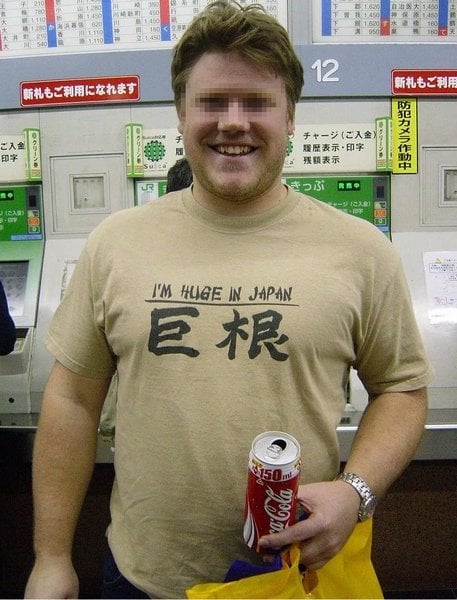Would you like to learn to speak Japanese fluently? If so then you want to become pera pera, an odd but fun Japanese onomatopoeic word that means “able to speak a foreign language very well.” After a trip to the beach, don’t you hate the feeling of sand in your shoes? That’s zara zara, which every Japanese immediately recognizes as the gritty sound of sand. Then there’s one you hear in anime quite a lot, doki doki, the “sound” of a nervous person’s heart racing, perhaps as they prepare to confess their love to someone special. While there’s a whole class of “normal” onomatopoeia that mimic actual sounds like cats and dogs (nyan nyan and wan wan, in case you were curious), the Japanese take these concepts a step further by creating highly descriptive sounds for abstract ideas as well, and because they’re so unlike anything we have in English, it’s fun for students to learn about them. Something that’s brand sparkling new is described as pika pika, while old and run-down is boro boro. If you work fast and efficiently (bishi bishi), your boss might give you a bonus, but if you’re slow and lazy (dara dara) he or she might fire you. Eating quickly is known as paku paku, which is where the famous video game character got his name from, while the useful phrase giri giri means “barely,” as in barely arriving on time, barely having enough money to buy something, or (in some situations) barely having clothes on. Then there’s suu suu, which describes feeling especially drafty: in the classic episode of Strike Witches, the anime about World War II-era magical girls who wear mecha to fight powerful alien enemy, there’s an episode where the playful Italian Francesca Lucchini makes off with Yoshika Miyafuji’s underwear, forcing her to prepare for battle without her skivvies on. Poor Yoshika complained loudly using this colorful phrase (“suu suu suru!“).
















